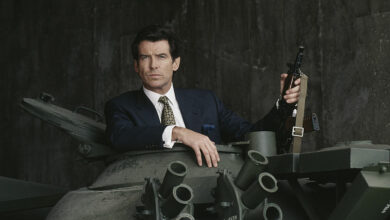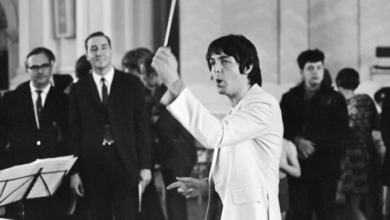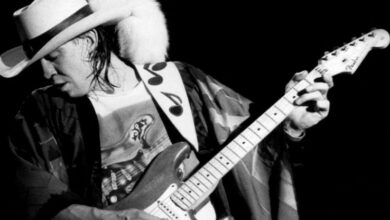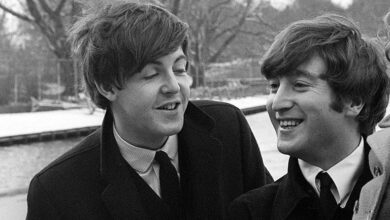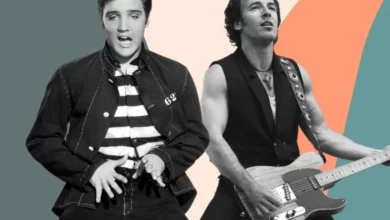The David Bowie classic he described as a “very sad song for me”
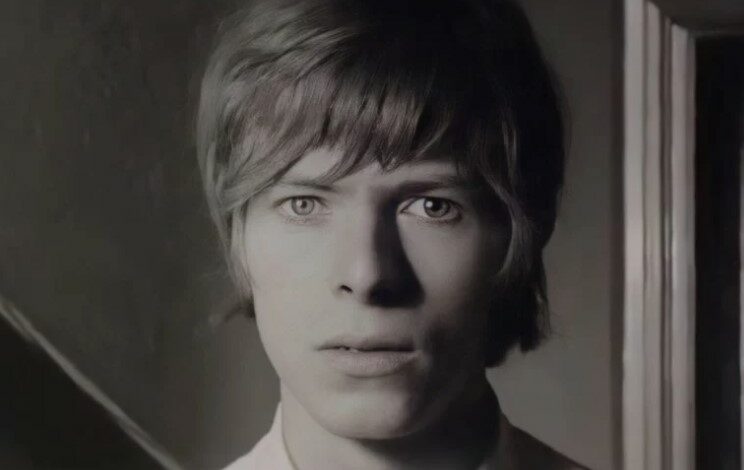
Decadence, madness and the production of dreams ruled the roust for David Bowie in the mid-1970s in a way that is only comparable to some crazed king of old. Thus, it would seem that Los Angeles was the perfect place for him, however, things would turn out rather different.
Behind an artistic purple patch was a cocaine addiction measurable by the tonne, a bizarre diet of bell-peppers and milk befitting of a cable TV documentary, and an unwavering obsession with the Third Reich. On top of this caustic confluence of cocaine side-effects, was what Bowie believed to be a harrowing attack by demonic hell beasts, most notably in the form of his friend, musical collaborator and apparent phantasm, Deep Purples’ Glenn Hughes. All of this madness unravelled in the City of Angels.
Here, he simultaneous fell into the clutches of gaudy LA’s debauched side and revelled in the way that images could be crafted there in an instant. He would relish the notion of, “I’m an instant star, just add water,” and the sense of the American pop culture dream while also seeing through the whole thing as a plastic facsimile. This odd mix proved maddening to Bowie in both senses.
Thus, Berlin beckoned to Bowie like a beacon of salvation. Considering that in 1976 the divided city was welcoming to nobody but spies, you get a decent understanding of his mindset. However, this clandestine space of barely populated crumbling cafes was ideal for the star. As Tony Visconti recalls: “[It] was a hipsters city. Because it was cheap to live there. Nobody wanted to live inside the Wall.”
What’s more, it had an added benefit for the renegade duo, as guitarist Carlos Alomar states: “David went to Berlin with Iggy for isolation. It was to humanise his condition, to say, ‘I’d like to forget my world, go to a café, have a coffee and read the newspaper.’ They couldn’t do that in America. Sometimes you just need to be by yourself with your problems. Sometimes you just wanna shut up.”
Bowie even took this notion of salvation into his music at the time. As he told Q magazine: “My concern with Low was not about the music. The music was literally expressing my physical and emotional state… and that was my worry. So the music was almost therapeutic. It was like, ‘Oh yeah, we’ve made an album and it sounds like this.’ But it was a by-product of my life. It just sort of came out. I never spoke to the record company about it. I never talked to anybody about it. I just made this album… in a rehab state. A dreadful state really.”
For Bowie, the paradigm of this “dreadful state” and his desire to get away from it, came to the fore with one song in particular. “A very sad song for me is ‘Sound And Vision’. I was trying very hard to drag myself out of an awful period of my life,” he opined of the stunning anthem.”
Adding: “I was locked in a room in Berlin telling myself I was going to straighten up and not do drugs anymore. I was never going to drink again. Only some of it proved to be the case. It was the first time I knew I was killing myself and time to do something about my physical condition. I had a few scares and thought, ‘Well, I got through that by the skin of my teeth.’ Serious haemorrhaging from the nose, passing out… awful stuff.”
When reflecting on the impetus for the track, he told Melody Maker: “That was an ultimate retreat song; actually, the first thing that I wrote with Brian [Eno] in mind. It was just the idea of getting out of America, that depressing era I was going through. I was going through dreadful times. It was wanting to be put in a little cold room with omnipotent blue on the walls and blinds on the windows.” The song remains a stunning retreat to this day, and the 2013 version may well be the greatest alternate take in music.

